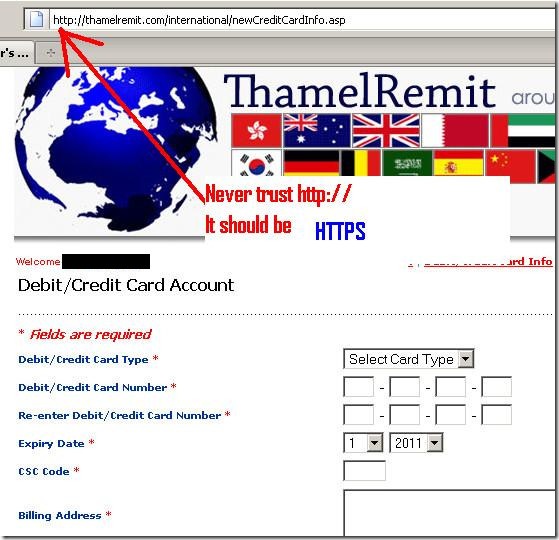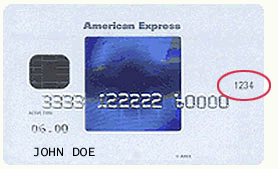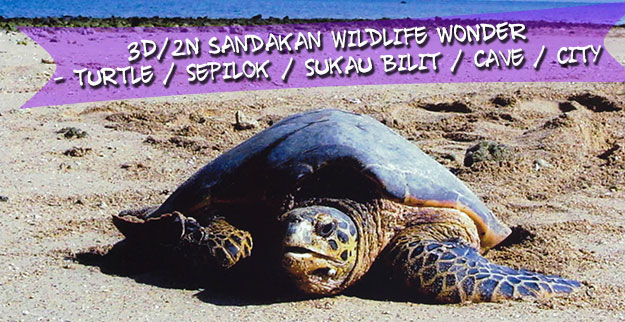
Avoid Falling into Online Tourist Scam
Tourist scams nowadays are plenty and to list it down here would probably takes 1 whole night to finish reading it. Here’s a few common tourist scams that I had heard of and/or personally encountered. Read it if you do not want to be the next victim and to be a smarter traveller..
Scam #1: Giving credit card details to ANYONE
More often than not, we maybe required to give our credit card details over email/ online booking form as a form of deposit to guarantee the booking. There were instances when I was asked to give my full name on my credit card, together with the 16 digits credit card and the CVC code (3 digits for MasterCard or VISA & 4 digits for AMEX found at the back of credit card).
Never give such details easily to strangers. Even thou they will say need deposit to book the tour packages/room, perhaps you can suggest doing telegraphic transfer (TT) payment instead. I personally request to make TT payment to their bank account which will be safer as the most, you could lose that amount which you transferred.
There is another scam which is you got a call from the hotel reception desk. Over the phone, the caller on the other line pretend to be calling from the hotel reception. The caller would ask you to confirm your credit card details over the phone for incidental/deposit room charges. Not suspecting anything, you simply give the credit card details. Before you know it, the caller maybe just be a stranger requesting to dial your room number and have gone on a shopping spree. Credit card transactions should be done in person and not over phone.
Scam #2: To fully pay the tour packages when booking online
Don’t trust travel agents or tour companies that requires you to pay fully online before embarking on the trip. As long as the tour company request payment of more than 60% of the tour cost, you would need to raise an alarm. Exercise caution, always check the homepage of the tour company that you are booking with. Check on its reliability through travel websites such as TripAdvisor, look at the tourist forum that you are travelling to. Source from other inbound agents to see if that is the normal practice to collect full payment before the trip.
A great example would be the excursion that I had taken to Turtle Island located in Borneo Island. I was told to pay fully up front. I went to check out other travel agency way of doing and realized that they are required to do so due to the room limitations on the island and registering of names with the national park board. So depending on the location you are travelling to, do not pay so much deposit unless it is required to do so.
You can always give excuses not to pay so much deposit up front. Assure them you will pay upon arrival in full.
Note: Do not get confuse over paying your tour packages online with physical office presence in your local country. For such cases, you can go ahead to pay full before travelling. Please purchase travel insurance first before travelling.
Scam #3: Check the booking tour operator/agency
Read up on the destination, know the market price of the tour packages. Always seek more than one tour operator package to gauge the market price. Always remember things cannot be too good to be true. If a particular agency is offering at way below cheaper price than the rest, read the tour inclusion/exclusion portion. More often than not, there are many hidden costs such as admission fees, transport fees, lunch may not be included unlike the rest etc.
Scam #4: Be wary of friendly locals online
You may thought you are being smart by posting on forum or even social media like Facebook asking tips from the locals. The next thing you knew, someone contacted you via messenger or email, volunteering to show you around their city at no cost.
You may think you had strike the jackpot, but you may well be their next victim. These friendly locals would befriend you or even takes you to bar for a chill out after day out with you in the city. Feeling comfortable with them after you think they are truly your best buddy in town, one let down guard and offer to buy drinks in the bar. Little will you know that it costs you a bomb and either you withdraw your money out from the nearest ATM, or you will have a long night in a foreign country.
Scam #5: Caution when doing online transactions
Always ensure if you have been directed to the site to key in sensitive information such as credit card details, make sure site is secure. Look out for “https://” meaning personal information is encrypted.

Other than online scams, one may read more on the Preventive Safety Travel Tips written previously.
Categories: Travel Tips
Calendar
| M | T | W | T | F | S | S |
|---|---|---|---|---|---|---|
| « Nov | ||||||
| 1 | 2 | 3 | 4 | 5 | ||
| 6 | 7 | 8 | 9 | 10 | 11 | 12 |
| 13 | 14 | 15 | 16 | 17 | 18 | 19 |
| 20 | 21 | 22 | 23 | 24 | 25 | 26 |
| 27 | 28 | 29 | 30 | 31 | ||
Archives
- November 2024
- October 2024
- September 2024
- August 2024
- June 2024
- April 2024
- February 2024
- November 2023
- October 2023
- August 2023
- July 2023
- April 2023
- February 2023
- October 2022
- September 2022
- August 2022
- July 2022
- June 2022
- December 2021
- July 2021
- June 2021
- March 2021
- January 2021
- December 2020
- November 2020
- October 2020
- July 2020
- June 2020
- May 2020
- April 2020
- February 2020
- January 2020
- December 2019
- November 2019
- October 2019
- August 2019
- July 2019
- June 2019
- May 2019
- April 2019
- January 2019
- December 2018
- November 2018
- September 2018
- August 2018
- July 2018
- June 2018
- May 2018
- March 2018
- February 2018
- January 2018
- December 2017
- November 2017
- October 2017
- September 2017
- August 2017
- July 2017
- June 2017
- May 2017
- April 2017
- March 2017
- February 2017
- January 2017
- December 2016
- November 2016
- October 2016
- September 2016
- August 2016
- July 2016
- June 2016
- May 2016
- April 2016
- March 2016
- February 2016
- January 2016
- December 2015
- November 2015
- October 2015
- September 2015
- August 2015
- July 2015
- June 2015
- May 2015
- April 2015
- March 2015
- February 2015
- January 2015



Leave a Reply